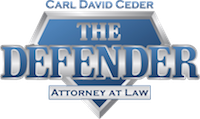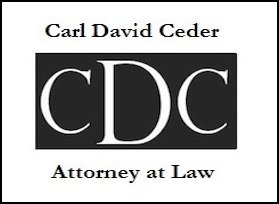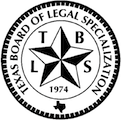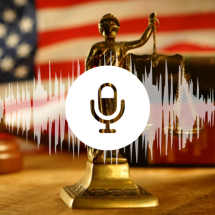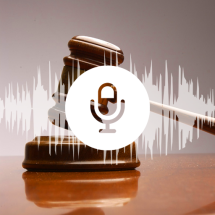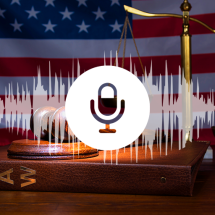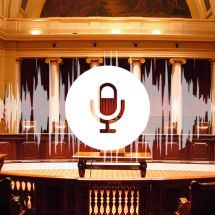Administrative License Revocation (ALR) Hearings
There is always a possible risk of a suspension of a Texas Driver’s License when a person is arrested and accused with a charge of DWI. This suspension is civil in nature, and is handled by the Department of Public Safety (DPS). A person has 15 days to request an Administrative Licence Revocation Hearing (ALR) to contest the suspension. Under the Due Process clause of the United States Constitution, the government cannot deprive any form of their liberty without allowing for a hearing to contest the matter. DPS must provide for a hearing if one requests one in timely fashion.
Specifically, an individual’s license may be suspended if he/she either refuses to submit to a chemical test, or provides a specimen with an alcohol concentration of 0.08 or greater. DPS is also authorized to suspend the driver licenses of minors who are arrested for the offense of Driving Under the Influence (DUI). If you fail a breath or blood test or refuse to take one after a DWI arrest in Texas, your driver’s license may be subject to automatic license suspension between 90 days and possibly up to two years. If you have been arrested for a charge of DWI you should request an ALR hearing for a variety of reasons. You have 15 days from the date of “Notice Served” to request the hearing, which most often is the date of your arrest.
The acronym “ALR” stands for Administrative License Revocation, and is the avenue by which the Department of Public Safety (DPS) has the authority to act to attempt to try and suspend the driver licenses of individuals in Texas arrested for DWI. Generally speaking, it is a process which will determine whether you will retain your driving privileges. It is important to note that the ALR hearing is conducted separately from the criminal portion of a DWI case. DPS, in order to suspend your DL, must prove by a preponderance of the evidence (much lower standard than the DWI criminal case), that your DWI stop and arrest were both valid.
DPS will have an attorney at the hearing who will argue to grant the suspension. The burden of proof at an ALR hearing is on the Department of Public Safety. Once a driver or his attorney has made a timely request for an ALR hearing, no suspension may be imposed against the driver’s license until the Department of Public Safety proves the following elements by a “preponderance of the evidence” at the hearing:
1. That there was reasonable suspicion to stop or probable cause to arrest the driver;
2. That probable cause existed that the driver was driving or in actual physical control of a motor vehicle in a public place while intoxicated;
3. That the driver was placed under arrest and was offered an opportunity to give a specimen of breath or blood after being notified both orally and in writing of the consequences of either refusing or failing a breath or blood test;
4. And the driver refused to give a specimen on request of the officer, or, that the driver failed a breath or blood test by registering an alcohol concentration of .08 or greater per 100mL of blood.
Occupational Driver’s License
If a suspension does result, an individual may be able to obtain an occupational license in order to drive for “essential needs”. For example, if a job description of a person includes driving, they have a valid right pursuant to the Order of an occupational license. With the help of this license, they will be able to drive for 12 hours. However, it is only a temporary permit that may last for 40 days.
Reasons to request ALR hearing:
There are several valid and useful reasons due to which you should request an ALR hearing after an arrest for DWI. One very important one, is how you’re your attorney will have the opportunity cross-examine -main arresting officer that made the arrest. The process can lead to earlier discovery than you would get otherwise at court. If an ALR hearing is conducted, everything that is said during the whole process is sworn testimony, which means it could possibly be used afterward at a trial. Everything the officer says at an ALR hearing is on the record and can be brought up at a later hearing or trial. Any subsequent statements that might differ from his testimony at the ALR hearing can be used against him, thereby affecting his perceived credibility. Any statements that differ from the actual situation can possibly create a gap useful in developing a defense in your favor.
Contact Us Now
You can contact The Law Offices of Carl David Ceder at any time for assistance at 214.702.CARL(2275) or at 469.2000.DWI(394). You can also e-mail Carl directly, at [email protected]; or to the office for general inquiries at [email protected]. Phones should be answered 24 hours a day/7 days a week for immediate and prompt assistance. E-mail messages will try to be responded to with 24-48 hours, depending on whether Carl and his team is in trial and/or is busy working on a case for a contested hearing.
